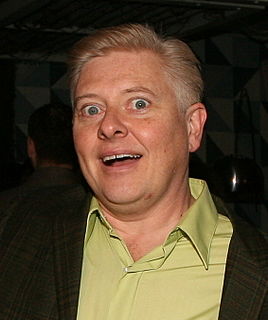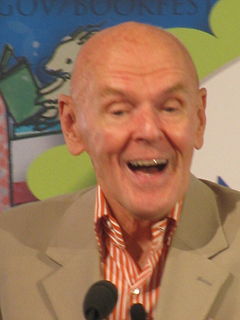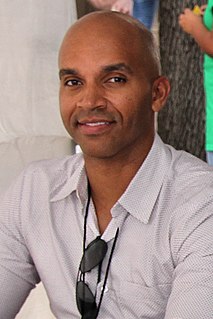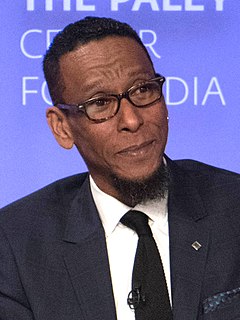A Quote by Tamlyn Tomita
The fact is that we wouldn't have found out about Manzanar except in our story-telling because it was really never told in the American history books when we attended school. So we were very, very lucky to have that part of history told.
Related Quotes
They don't really focus on that history here in America. I remember growing up as a kid, history class was very washed-over. They didn't really get into the gritty bits of slavery. It's a very, very small section in the history books. It's not something they really touch on directly with American curriculums.
With all the movies I've made about history, it's not really fun because you're trying to get it right. You've got history telling how it was, and then my imagination is telling me how I wish it had been, but I can't go there, so I have to censor myself. I'm very good about stopping myself from creating history that never occurred, but it's frustrating.
For me, seeing our history told in this light, the ones who did rebel, the ones who did revolt, the revolutionaries, excited me. Seeing this story of the Underground Railroad ... and that is such a proud part of our history that not a lot of us know about, where these brave men and women, they were heroes, really helped tear down the system of slavery just by running.
September 11 We thought we'd outdistanced history Told our children it was nowhere near; Even when history struck Columbine, It didn't happen here. We took down the maps in the classroom, And when they were safely furled, We told the young what they wanted to hear, That they were immune from a menacing world. But history isn't a folded-up map, Or an unread textbook tome; Now we know history's a fireman's child Waiting at home alone.
I'm not against knowing the history of white people in the U.S. - that's not the point. The point is that there's so much greater history. We don't know about Native Americans. Very basically, we don't know that much about African American history, except that they were enslaved. You only get bits and pieces.
When I look at American history and I look at what history means to me, I look at it as if it were a string of stories. And if it's told well enough and in a way that's charming and warm and with wit and humor, then it takes a bit of the edge off of it. You can still tell the truth, but if you tell it very sweetly and very warmly, it makes it go down a bit easier.
They've lied about everything.-about the fence, and the existence of Invalids, about a million other things besides. They told us the raids were carried out for our own protection. They told us the regulators were only interested in keeping the peace. They told us love was a disease. They told us it would kill us in the end. For the very first time I realize, that this, too, maight also be a lie.



































